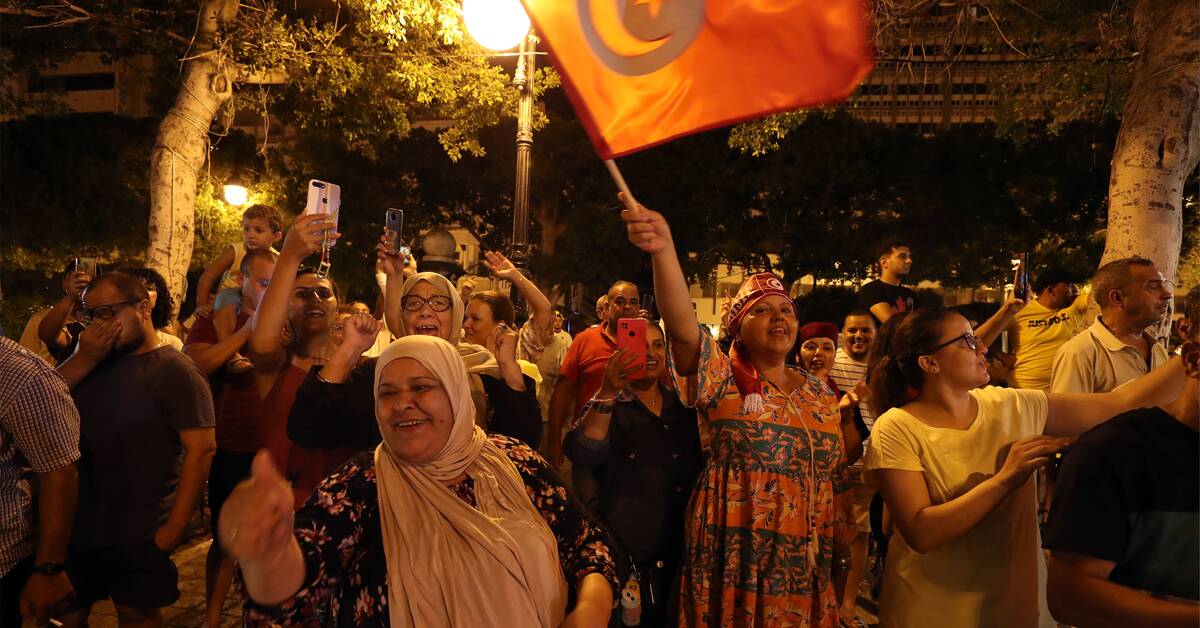A referendum on a new constitution, which will give President Kaïs Saïed almost unlimited power, has been carried out in Tunisia on Monday.
According to the first polling station surveys, over 92 percent of those voting are in favor of the new constitution, which has been criticized by many, APF reports.
The information comes from the opinion institute Sigma Conseil.
Voter turnout was low.
According to data, around 27.5 percent of the country's roughly nine million registered voters participated.
The opposition has called for a boycott of the referendum, whose official results are expected on Tuesday, and critics see it as a major step backwards for democracy.
The referendum was held a year after Kaïs Saïed closed parliament and dissolved the government.
His critics have described the move as a coup but it was hailed at the same time by Tunisians fed up with the country's political elite and economic stagnation.
Igniting spark
The new constitution would give the president all executive powers, while greatly reducing the influence of Tunisia's judiciary and parliament.
Critics warn that this could pave the way for a new dictatorship in Tunisia.
The country rose up against the then autocrat Zine El Abidine Ben Ali in 2011 and ignited the Arab Spring democracy protests.
Tunisia is the only country that came out the other side of these uprisings as a democracy.
Kaïs Saïed, a former law professor, promised to reduce corruption in the country when he ran for election in 2019 and won with over 70 percent of the vote.
Since last July, he has issued a series of decrees that have curtailed democracy in Tunisia.
Among other things, he has dismissed the government and given himself the power to fire judges as he wants.

